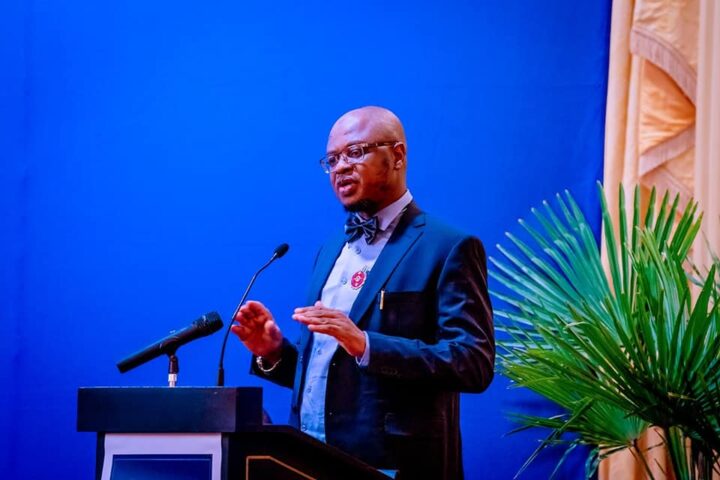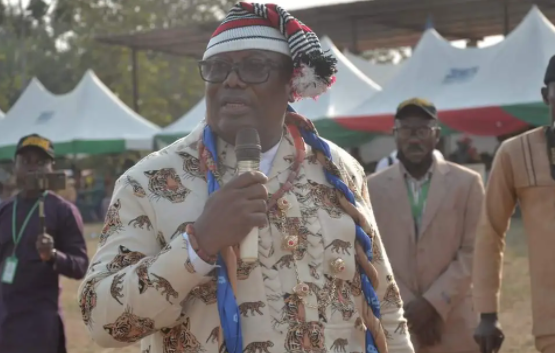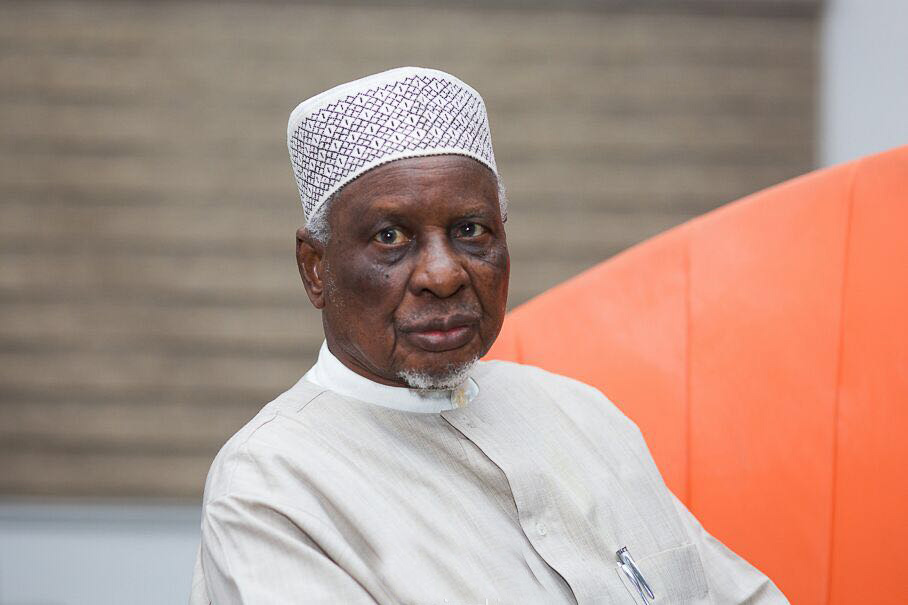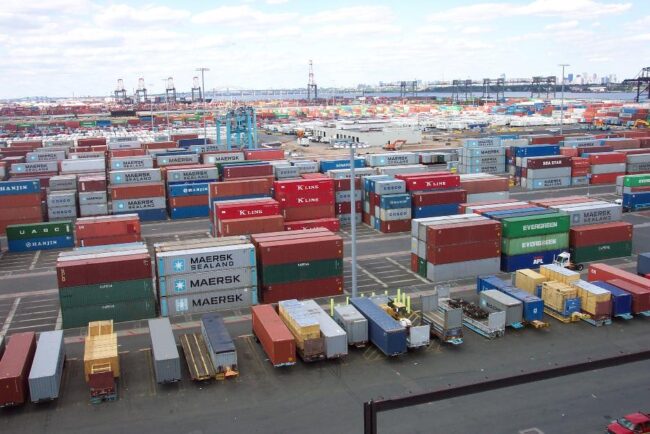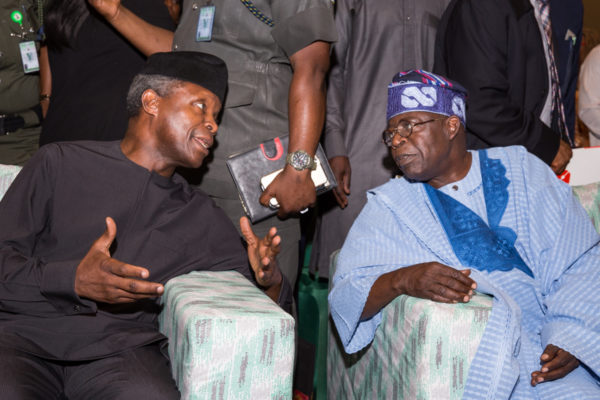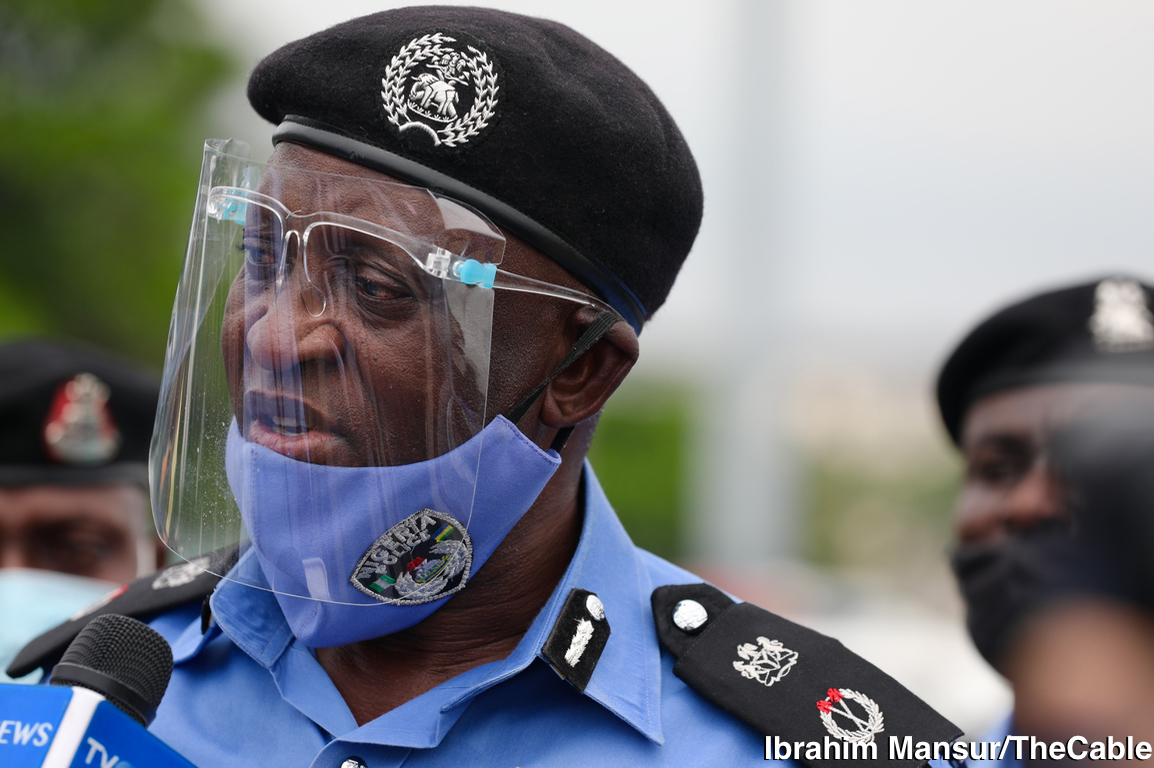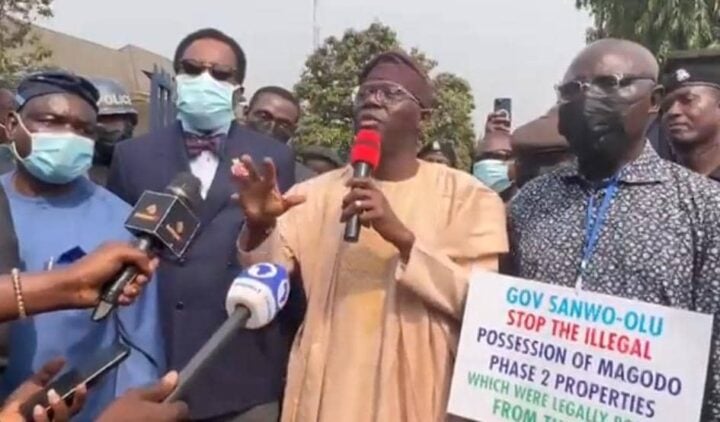So early in the year, there are plans and projections, hopes and promises, and optimism so strong in the air that life can be a sustained swan song. But there are also fears. People thinking that the kind of uncertainties and bloodletting we witnessed in the previous year may have enough momentum to stain the optimism that spreads into the future.
But the spirit is to count tomorrow as gain. 2022 is a defining year for Nigeria, a year that politics will take centre stage, when politicians will dress in their big robes crisscrossing the country to sell manifestoes, mostly lies garnished as truth to a long suffering people, nearly emasculated by the seasonal hallucination of a tiny political group.
In this season of politics, everything takes back seat. Development is suspended. Pressing national or state issues are given the silhouette of politics or even derided as the rantings of opposition elements. Budgets and plans are streamlined to achieve one purpose and that purpose only: successful campaigns with enough gathering to form some tiny countries in other parts of the world, gatherings peopled by the ordinary folks with empty stomachs who would value the little purchase fee of sometimes, N2000 from the politician as the kind of manna that comes from the devil they see once in every four years.
Just less than one and half years for the ruling party at the Federal level and in some States to join the dinosaurs of history, there is the reading, based on the auguries of history, that there is no time for any other thing at all other than politics. But there is aciatinary proviso: that the people should marshal the hunger in their stomach to make better choices next time or they remain perpetual victims of feeding the wickedness of a tiny few that eats up the future of other people.
Advertisement
Knowing that politicians will always be politicians and that the variance may be in a matter of details only, this writer would humbly suggest to this administration the need to put closure on some projects and make urgent conclusions, at least to earn some campaign points, although the truth or even verification of performance or projects hardly matters in our campaigns. There are some low hanging fruits they can hold on to but there are others receding into a distance with their nebulous features that have to be recovered urgently.
NCC 3.5GHz Spectrum Auction
December 13, 2021, the Nigerian Communications Commission (NCC) conducted a successful auction for 2 Lots of 100MHz, the band for 5G technology. The Generic Reserve Price (GR) was $197, 400, 000 only. Although there were complaints about such a steep price which tended to place more emphasis on revenue generation than service deployment for pervasive use, the auction which involved MTN Nigeria, Airtel Nigeria and Mafab Communications, a tech greenhorn with a history that is even greener, went through eleven gruelling rounds with the price peaking at $273. 6m. Both MTN and Mafab emerged epochal winners of such a defining tech moment which could mean so much for the country in its determination to align with the rest of the world, to march into a future where machines could whisper to each other, more than human to humans. Payments are expected to be concluded before the end of February 2022.
Advertisement
Although there was a little stir about the identity of Mafab, this writer posits that this is a low hanging fruit that should be harvested immediately without procrastination. NCC should pursue payment of fees with determination and ensure that rollout obligations are simple enough for the operators to understand the import. The foregoing suggestion is informed by the underperforming status of Nitel which had a reserved Digital Mobile License (DML) at the auction in 2001 but had hardly had any success ever since. The NCC should put a closure to the 3.5MHz deal.
SIM/NIN Integration
Penultimate December, the government made a policy decision that mobile users in Nigeria must sink their Subscriber Identification Module (SIM) with their National Identification Number (NIN) which is issued by the National Identity Management Commission (NIMC). It was to be done in two weeks. The exercise has witnessed a lot of resistance because of the complaints of multilayer data collection processes in the country, but is fairly on the way now. Closure is indeterminate as the date has had to be moved severally. Just last week another shift in date was granted by Dr Isa Pantami, Minister of Communications and Digital Economy, who oversees the Committee that steers the registration process.
The Federal Government, according to a statement, has extended the date to March 31, 2022. The statement adds that so far, NIMC has issued 71m unique NINs with about 3 to 4 SIMs linked to a number. Observe that the statement is unclear how many SIMs have been properly linked to NIN. But here is the math. By October 2021, phone lines in the country peaked at over 191m. Just think of how long it will take to achieve a SIM/NIN harmonization or what they call integration.
Advertisement
Here is my little counsel. Let there be no pretenses. SIM/NIN integration is a constantly shifting target, made even more complex by officials who live in a dream world. The government should be frank enough to fix a realistic date which is within the window of its exit from power, to enable Nigerians take its activities seriously and work towards realistic results.
Digital Switchover
The Digital Switchover (DSO) started in Nigeria in 2016 after the presidential Digiteam set up by former President Goodluck Jonathan, made all the preparations for the launch in Jos. Information and Culture Minister of the government that inherited the project, Alhaji Lai Mohammed, made a meal of the determination of the Buhari administration to stick strictly to the switchover date as sanctioned by the International Telecommunications Union (ITU). Understandably, he was excited about the job spin-off that would come from the exercise and the rain of funds that would also come from the sales of the vacated and freed spectra released by broadcast stations.
Then the crisis at the National Broadcasting Commission (NBC). From leadership crisis to some dose of scandals. Nigeria missed the switchover date twice. But lately there has been a rejuvenation in focus. However, complaints that launch is different from actual switchover and availability and activation of set top boxes, are clear pointers that this government has to properly audit the process and ensure that proper timelines are set for implementation.
Advertisement
Rebuilding the networks
This is an issue that people hardly talk about because of its very sensitive nature, lives being lost and property destroyed on an extensive level. Insurgency in parts of the North has laid to waste telecom infrastructure on a massive scale. In some places, base stations have been bombed out. So much ruination has been caused by these devils from the hottest part of hell that this government just has to encourage the operators to remobilize to site. It’s like starting afresh. Some operators have confided in this writer that they would like to work with the governors of the affected States.
Advertisement
Yes. So much love for a nation by the operators but they must be encouraged to do so.
Advertisement
Views expressed by contributors are strictly personal and not of TheCable.
Add a comment

